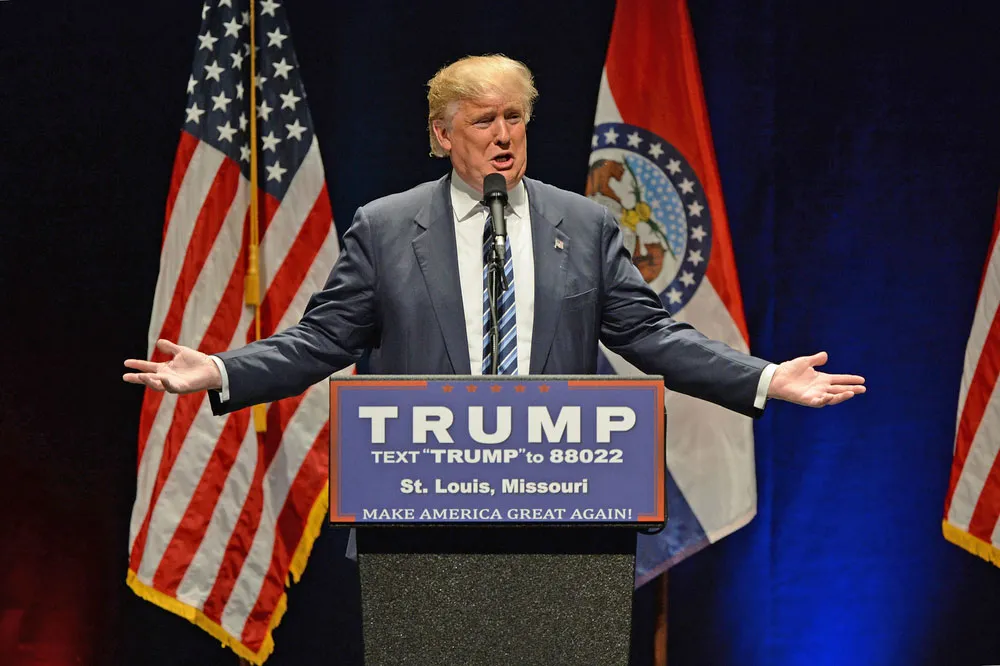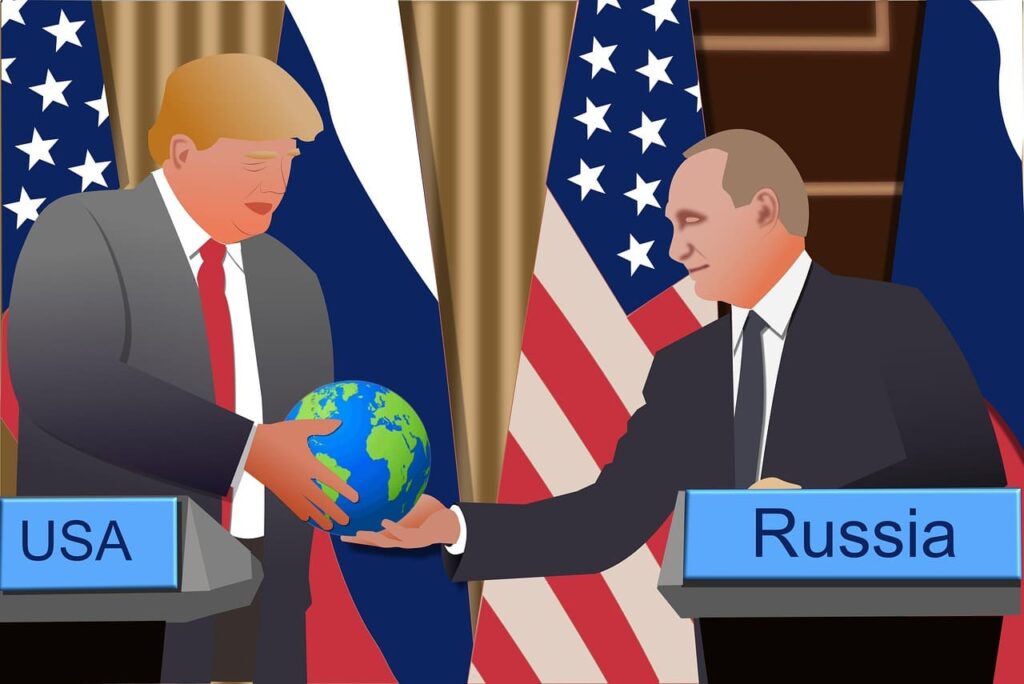President Donald Trump, now in his second term as Commander-in-Chief, is once again being attacked and criticized for his long and contentious history with Russian President Vladimir Putin. At a recent White House press briefing, Trump strongly denied ever having been “fooled” by Putin, which is contradictory to dozens of past comments and events.
“I Was Never Fooled” – Trump Pushes Back
Addressing a Q&A with the media at the White House, President Trump stated:
“I was never fooled by Vladimir Putin. I’ve known exactly who I was dealing with. I’ve been tougher on Russia than any president, maybe ever.”
This was responding to a question from a journalist referring to previous attacks that Trump had underplayed or overtrusted Putin, particularly during his first term as president from 2017 to 2021.
Yet the president’s claim was met with instant resistance by media and political analysts alike, who cited the 2018 Helsinki Summit as proof of a greater accommodation towards the Russian president.
Helsinki Summit Flashback: The Moment That Sparked Outrage
During the 2018 Helsinki summit in Finland, former President Trump appeared to side with President Putin against the U.S. intelligence community assessment that Russia had intervened in the 2016 presidential election.
“President Putin made a very strong inference about why it wasn’t Russia,” Trump said at the time, standing with the Russian president.
The comment sparked outrage on both sides of the aisle, prompting criticism even from Republican lawmakers and a rare public statement by the Director of National Intelligence reiterating American intelligence conclusions.
Although Trump later clarified that he had misspoken, the damage to his reputation as a hard-line leader against Russia was done, and the quote has continued to be remembered as a turning point in U.S.-Russia relations.
Critics Say Trump’s Memory is Selective
Following his recent comment, former US officials and foreign policy experts challenged the president’s memory.
“This is a reaching back to whitewash history,” said Susan Rice, former National Security Adviser to President Obama. “There is an obvious record in transcript and video of President Trump giving the benefit of the doubt to Putin when it mattered.”.
Even Republicans were taken aback. Senator Lisa Murkowski (R-Alaska) declared, “It’s good that the president is doing history right. Our national security relies on accurate, not revisionist, assessments.”
Trump’s Russia Record: A Mixed Bag
Despite the gaudy optics of his Putin dalliance, Trump regularly points to his administration’s concrete actions against Russia. They include:
- Sanctions on Russian oligarchs and actors guilty of cyberattacks and interference in American elections.
- Expulsions of dozens of Russian diplomats followed the attempted poisoning of a former spy in the UK.
- Certification of deadly military aid to Ukraine (continued into his second term, though reluctantly).
- Increased U.S. defense expenditures and pressures on NATO partners to increase spending.
But critics argue that these actions were too frequently authorized by Congress or coerced by national security aides, not by Trump himself.

“There’s often a disconnect between what Trump says publicly and what his team does,” said Fiona Hill, a former member of Trump’s National Security Council. “The praise for Putin never stopped, even while sanctions were being levied.”
A Second Term, A Different Tone?
Now back in the Oval Office after his re-election in 2024, President Trump is faced with a more complex geopolitical environment. Russia’s war in Ukraine has grown more intense, and latest intelligence estimates indicate fresh cyberthreats from Russian actors targeting U.S. infrastructure.
During his second term, Trump has also apparently hardened his stance against Russia, warning, “There will be consequences” if Russia meddles in US affairs. However, his anti-Putin rhetoric remains relatively mild in comparison with other world leaders, fueling persistent speculation about the nature of their relationship.
“Putin sees strength and I’ve shown it,” Trump said this week. “But I’ve also shown respect. That’s how you treat world powers.”.
Biden, Obama Officials Push Back
Former President Joe Biden publicly denounced Trump’s remarks in a Georgetown University event.
“The American people are not easily misled. They saw what was done in Helsinki. They remember who stood for democracy and who did not.”
Former Obama administration officials struck the same chord, warning that a compromised stance against authoritarian regimes would embolden adversaries and erode U.S. alliances.
Public Opinion Remains Polarized
A July 2025 Gallup poll finds the American people continuing to split on whether Trump’s foreign policy has been right or wrong.
- 48% believe he “lacked enough strength” with Russia.
- 38% declare he has been “about right.”
- 14% responded that they were “not sure.”
Republican voters continue overwhelmingly to approve, with over 70% awarding Trump a thumbs-up on his handling of U.S.-Russia relations. Democratic voters overwhelmingly disapprove.
Looking Ahead: Will History Be Rewritten?
As Trump continues to rewrite his record in the instant, historians and political pundits warn that revisionism, especially by sitting presidents, can produce dangerous long-term effects on public understanding and responsibility.
“Presidential memory is not merely a personal thing,” said presidential historian Jon Meacham. “It becomes national memory. And when fact is replaced by fiction, democracy suffers.”.
With the midterms of 2026 looming and global tensions at a fever pitch, President Trump’s most recent rephrasing of his previous relationship with Vladimir Putin is more than rhetorical exaggeration; it stands to shape how future generations will remember an era of unprecedented political division and global meddling.
Related News
Trump Issues Putin Ultimatum: 50 Days to Stop Ukraine War or Face “Very Significant” Sanctions
Supreme Court Clears Path for Trump’s Sweeping Education Department Cuts
Trump Announces Patriot Missile Deployment to Ukraine, Funded by Europe
